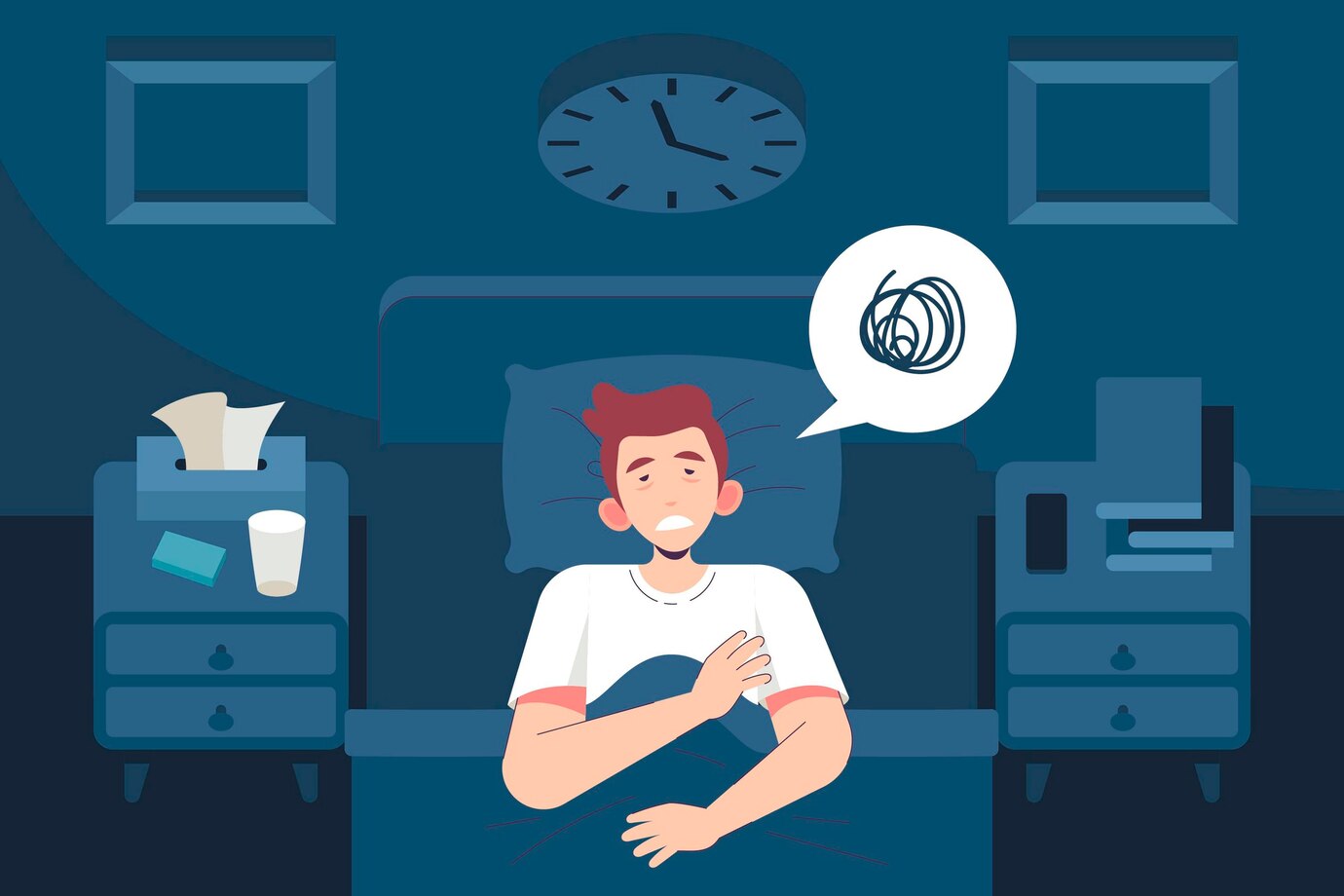
Understanding Depression and Sleep: Managing Sleep Disturbances and Insomnia
Introduction: Struggling with sleep is common for those with depression. Let’s explore simple ways to manage sleep disturbances and insomnia for a better night’s rest.
Understanding the Connection
Depression and sleep disturbances often go hand in hand. People may have trouble falling asleep, or they might wake up frequently during the night. Others might experience early morning awakenings.
Impact on Mental Health
Poor sleep can make depression worse. It can lead to irritability, fatigue, and trouble concentrating during the day. This creates a cycle: depression disrupts sleep, and poor sleep makes depression worse.
Establishing Healthy Sleep Habits
Creating a consistent sleep routine can help regulate your body’s internal clock. Going to bed and waking up at the same time each day can improve sleep quality. Avoid caffeine, nicotine, and heavy meals close to bedtime.
Creating a Relaxing Sleep Environment
Make your bedroom a calm and comfortable space. Keep the room dark, quiet, and cool. You can also use white noise machines or earplugs to block out disturbing sounds.
Limiting Screen Time
The blue light from screens can interfere with your body’s natural sleep-wake cycle. Try not to use electronic devices, like smartphones and computers, at least an hour before bed. Instead, do something relaxing, such as reading or listening to calming music.
Practicing Relaxation Techniques
Relaxation techniques can help calm your mind before sleep. Deep breathing exercises, progressive muscle relaxation, or meditation can reduce stress and anxiety, making it easier to fall asleep.
Seeking Professional Help
If sleep disturbances continue, it may be time to seek professional help. A healthcare provider or sleep specialist can assess your sleep patterns and recommend treatment options, like therapy or medication.
Conclusion
Managing sleep disturbances and insomnia is vital for overall well-being, especially for those dealing with depression. By establishing healthy sleep habits, creating a peaceful sleep environment, limiting screen time, practicing relaxation techniques, and seeking professional help when needed, you can improve your sleep quality and manage depression symptoms better.
To seek medical advice, always consult a Doctor. Here are our recommended experts. Click here
To read more on Neurology. Click Here


